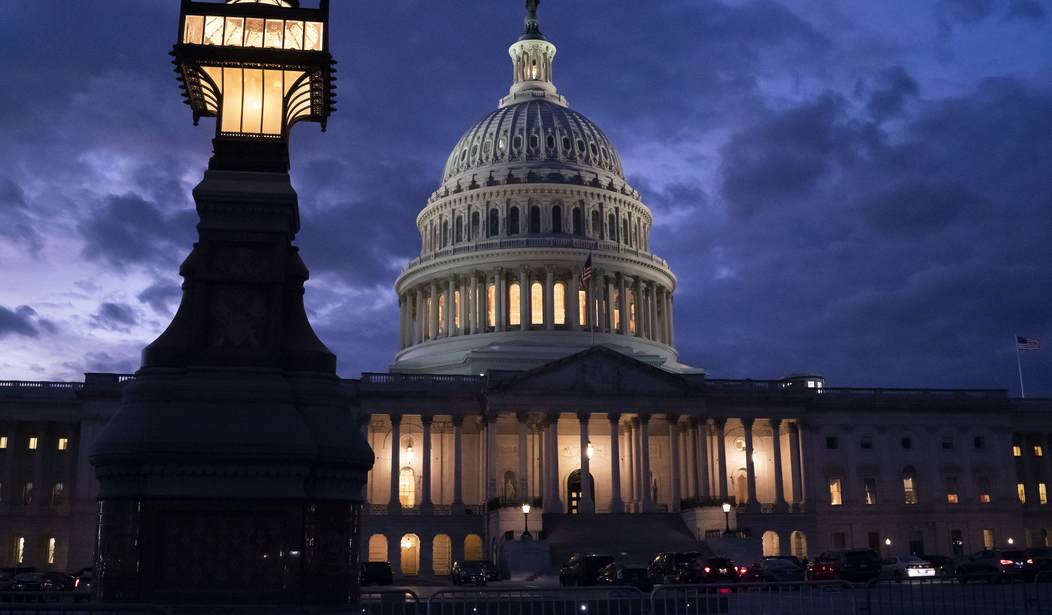(The opinions expressed in guest op-eds are those of the writer and do not necessarily represent the views of RedState.com.)
It depends upon who you ask: The American Academy of Actuaries supports the change; while the Center for Retirement Research at Boston College opposes it. Essentially, the argument to increase the retirement age for Social Security appears to be straightforward. Social Security spends more than it generates in revenue, and Congress can address that concern by spending less.
Problem solved.
Or not. The analysis over-simplifies a very complex issue, allowing the basic and most important aspects of the discussion to be lost.
It is true that Americans are living longer than they did when Social Security was created in 1935. It is equally true – but rarely noted – that Americans are paying substantially more in payroll taxes than they did at that time. The life expectancy of a retiree has risen about 50 percent since 1940. Over the same timeframe, the total payroll tax exposure of the worker has increased by more than 1000 percent in real terms.
Any discussion of life expectancy of a 65-year-old should be weighed against the fact that eligibility for Social Security has not been 65 for nearly 20 years. In fact, the age at which someone qualifies to draw full benefits is currently increasing and will do so until 2027. When you consider the length of retirement and the number of working years required to get that check, a retiree at full retirement age in 2035 should expect to draw benefits on roughly the same terms as that of a new retiree in the late 1990s.
When someone talks about solving 33 percent of the system’s financial gaps, the estimate implies that Congress would push back the length of retirement for someone retiring in 2035 back to the levels of the mid-1980s, despite the fact that these workers will have paid more into the system than any previous generation.
While that prospect might sound terribly unfair to people who are in their mid-50s now, the larger problem for the policy option is the amount of time that it takes to generate any material level of savings because it takes decades for this change to reach maximum impact.
To illustrate, if lawmakers use a standard definition of a gradual change in retirement age, Social Security will be well into insolvency by the time the retirement age reaches 68, much less 70. As a result, this strategy would do little more than push the 22 percent reductions to benefit levels back a couple of weeks.
Essentially, we have a policy option that at this point is both unfair and ineffective. Talking about increasing the retirement age in Social Security as a solution to the system’s financial imbalances is not terribly different than moving the deck chairs on the Titanic to get a better view of the iceberg.
It is a fact that the retirement age for full benefits in Social Security needs to change. Americans are living longer, and that means that they will draw more benefits over their lifetime. In other words, Social Security expands benefits virtually every year. It is not unreasonable to say that people should work longer or pay a higher payroll tax rate in order to collect their checks over a longer period of time.
Fortunately, the Social Security Administration already has an answer to this seemingly complex objective: indexing the retirement age.
This change would keep the length of retirement fixed in terms of working years. Make no mistake, this change is not a “benefit cut.” It means that people would work extra years to pay for extra benefits.
Another significant step forward for those people who depend upon Social Security would be the narrowing of the debate. At this point, the question about changing the retirement age creates a massive unproductive rabbit hole. Once Americans are paying for their increased level of benefits, the question about how Americans are living longer becomes moot.
At this point, the debate about changing the full retirement age for benefits deals with solving a small part of the problem with Social Security by getting members of Gen X, and those who come later, to go from collecting benefits on terms of their parents to collecting on terms of their great-grandparents.
Mind you, that solves only part of the problem.
Brenton Smith ([email protected]) is a policy advisor at The Heartland Institute, with work appearing in nationally recognized publications including Barron’s, Forbes, MarketWatch, The Hill, USA today, and more.













Join the conversation as a VIP Member